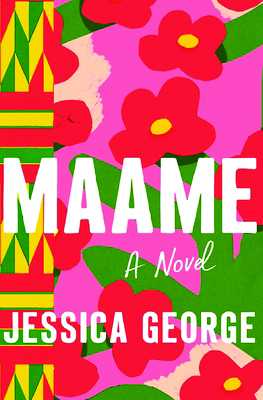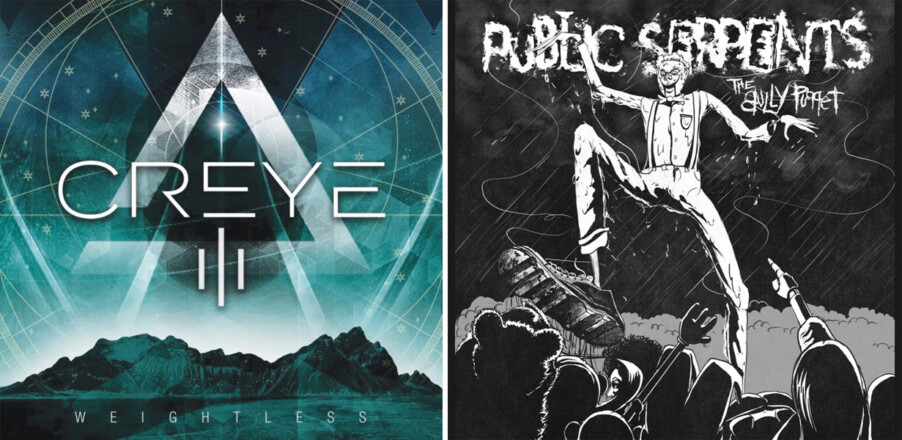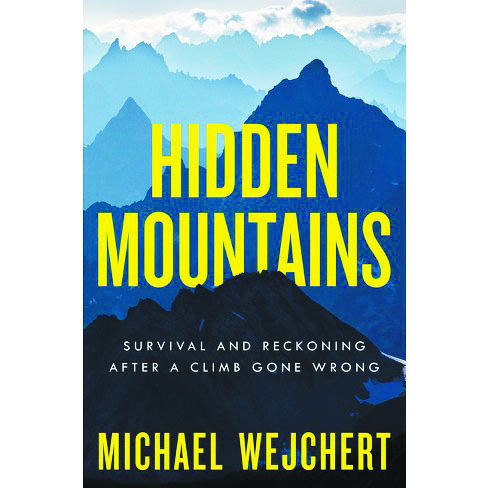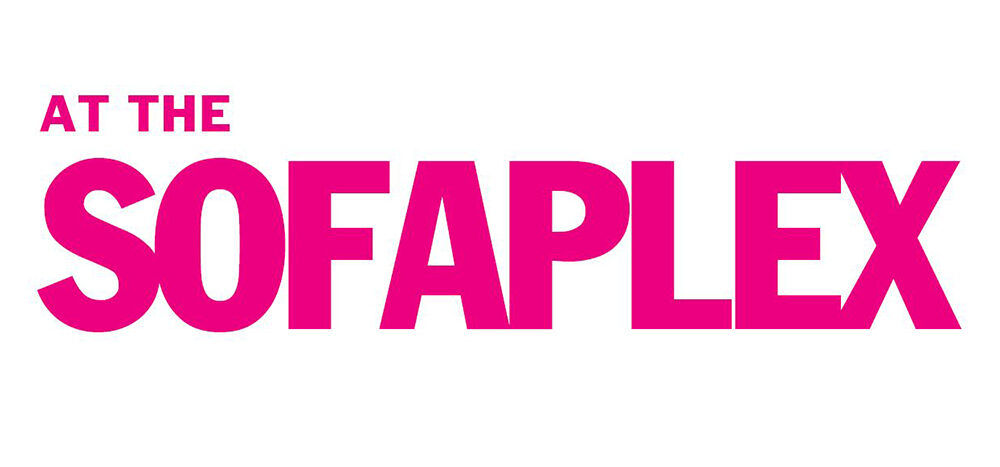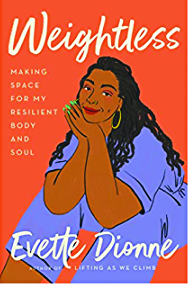Babylon (R)
Margot Robie, Brad Pitt.
Writer-director Damien Chazelle gives you three hours and nine minutes of 1920s and 1930s Hollywood, as the business adapted to sound and the movie industry machine chewed through the people involved. Here, we focus on Nellie LaRoy (Robie), a young woman who cons her way into a Hollywood party from which she lucks her way into a movie and briefly becomes a silent star sensation; Manny Torres (Diego Calva), who is working the party as a kind of general fix-it guy (help this elephant get up the hill to the house, help these goons dispose of an overdosing starlet); Jack Conrad (Brad Pitt), an established star who takes on Manny as his assistant; Sideny Palmer (Jovan Adepo), a trumpet player who finds stardom and a financial windfall in front of the camera but doesn’t get any relief from the persistent racism he deals with as a Black artist, and to a lesser extent Elinor St. Jean (Jean Smart), a gossip columnist who even in the 1920s knows that movie fame is fleeting.
A lot of names — Olivia Wilde, Max Minghella, Jeff Garlin, Spike Jonze, Flea — show up for cameos and as do actors playing historical types (Irving Thalberg, William Randolph Hearst). It’s, uhm, cute, in the same way I found the Citizen Kane cosplay of Mank cute and amusing in a “photo book about 1930s Oscars” kind of way. Even better are process-y scenes that demonstrate, with some equally cute exaggeration, how these early movies were made — and some of the ways that pre-code films were a lot racier than the movies that were on screens a decade later. An extended sequence of Nellie and director Ruth Adler (Olivia Hamilton) trying to film a scene of a talkie while the cast and crew swelter in the heat (air conditioning would be too loud) and have to deal with the sensitivities of the microphones is particularly fun. There is also a nice bit of storytelling in who made it through the transition — not Nellie and her Harley Quinn accent, for example.
But.
But this movie is so much elaborate scene-setting, so much “The Magic of the Movies!” and so much Hollywood doing a guided tour up its own rear that it is, at times, completely intolerable. And, from Singin’ in the Rain (which is a touchstone for this movie) to the most recent Downton Abbey movie, I feel like I’ve seen a lot of this stuff before. And it’s more than three hours. Three. Hours.
Babylon is nominated for Oscars in categories for costume design, original score and production design and while I can understand those nominations, I don’t think it would be my pick in any of those categories. C+ (but a strong B for the “Nellie shoots in sound” scene.) Available for purchase and on Paramount+.
Bardo, False Chronicle of a Handful of Truths (R)
Daniel Giménez Cacho, Griselda Siciliana.
Early in Bardo, co-written and directed by Alejandro G. Iñárritu, we watch as Lucia (Siciliana) delivers her and husband Silverio’s (Giménez Cacho) son, Mateo. Moments after his birth, doctors tell her Mateo says he doesn’t want to be out in a world as messed up as this and so they put him back, er, in. This pretty well sets the scene for the movie we’re watching, where Silverio jumps around in time and where the truth of a situation is often rendered lyrically more than realistically. Silverio, a journalist turned filmmaker, started his career in Mexico, where he and his family are from, but moved to Los Angeles with his wife and kids when they were young. He wrestles with the U.S./Mexico of it all — from the Mexican American War to the present relationship between the countries and what it means for the people who move between the two. He also has a conversation about Mexican-ness with Cortés and occasionally finds himself in the desert with migrants. He also wanders through his own life, suddenly child-sized when he talks to his father, and talking with his children Lorenzo (Iker Solano) and Camila (Ximena Lamadrid) while thoughts of Mateo are never far from his mind.
It can all read as sort of self-indulgent at times — a criticism the movie itself makes of itself in its foldy self-referential way — but the movie is so good-humored and genuine about what it’s doing and how it knows you know it knows what it’s doing that I was, you know, never mad at it. It’s weird and mournful but also joyful — and, here’s where the Oscar nomination comes in, absolutely visually stunning. A nominee in the cinematography category, Bardo makes good use of its frequently very lovely settings but also of the dreamlike way it’s shot and the way scenes morph into other scenes in the way your dream might take you from a memory to a fear to a recent conversation. I see how this movie could annoy someone — its lead is, after all, a Great Man Looking at His Life — and maybe I just got lucky and saw this movie at the moment I was most open to this kind of twisty, floaty ride but: A Available on Netflix.
Empire of Light (R)
Olivia Colman, Michael Ward.
Olivia Colman can act the heck out of anything, is my main takeaway from Empire of Light, a sssslooooow movie (that is actually only an hour and 55 minutes) about a woman and her unlikely relationship in 1980s Thatcher U.K.
Hilary (Colman) works at the Empire, a movie theater, in a town on the English coast that instantly made me think of the Morrissey song. Though we don’t learn the full details for a while, we know that she has struggled with mental health issues and that the medication she is now taking has left her feeling flat. It’s not that she’s unhappy — taking dance lessons, making small talk with coworkers, engaging in a deeply unsexy affair with the theater’s manager (played by Colin Firth) — but there just isn’t a spark in her. And then arrives Stephen (Ward), a young man who didn’t get into university and whose Jamaican heritage makes life difficult in a time when racism and nationalism seems to be on the rise in England. Stephen and Hilary take an immediate shine to each other despite the age disparity. Their friendly coworker-ship soon turns into something more, but both of them are struggling with issues greater than a sunny romance.
Empire of Light is Oscar nominated for Cinematography and I fully get why — it’s a beautiful-looking film, from the fading glory of the Empire, a movie palace that once had multiple floors and a rooftop cafe, to the lights and grays and shadows of the city. And I wouldn’t be surprised if Colman was, like, 8 or 9 on the list of nominated actresses. Elements of this movie are very compelling. But the movie as a whole needed a jolt of energy. B
Available on HBO Max or for rent or purchase.
To Leslie (R)
Andrea Riseborough, Marc Maron.
Leslie (Riseborough, nominated for actress in a leading role*) goes to see her 19-or-20-year-old son James (Owen Teague) after being evicted from the motel where she had been living. He quickly kicks her out after she refuses to stay sober and steals money from his roommate, sending her back to their hometown, where his grandmother and her boyfriend (the parents of his unmentioned father, I think) put her up. Nancy (Allison Janney) and Dutch (Stephen Root) are minorly supportive but also harbor deep grudges toward Leslie and she’s soon kicked out of their house too. She floats around her hometown, eventually getting caught hanging out near a motel run by Sweeney (Maron) and Royal (Andre Royo). Sweeney takes pity on Leslie and offers her a job cleaning the motel along with a room to stay in, which begins a fraught and shaky friendship.
Riseborough gives an interesting and highly watchable performance as a woman who can’t quite get out her own way — she won more than $100,000 in a lottery years ago but squandered it partying — and is battling a serious alcohol addiction. Is it a strong enough performance to carry the weight of the * for which this small movie is known? The asterisk is the story surrounding Riseborough’s Oscar nomination, the campaign for which was a grassroots affair by famous fans and, according to a New York Times explainer from Feb. 8, her manager. The Academy got involved in the uproar after nominations were announced and, whatever rules may have been bent, her nomination stands. It will probably always bear the stain of being the nomination that denied Viola Davis for The Woman King or Danielle Deadwyler for Till an Oscar nod. And while both of those are better performances than Riseborough’s work here, they are also better than nominee Ana de Armas in the icksome Blonde, so really it’s not all Riseborough’s fault.
On its own merits, To Leslie is a solid movie worth a watch. B+ Available for rent or purchase.

